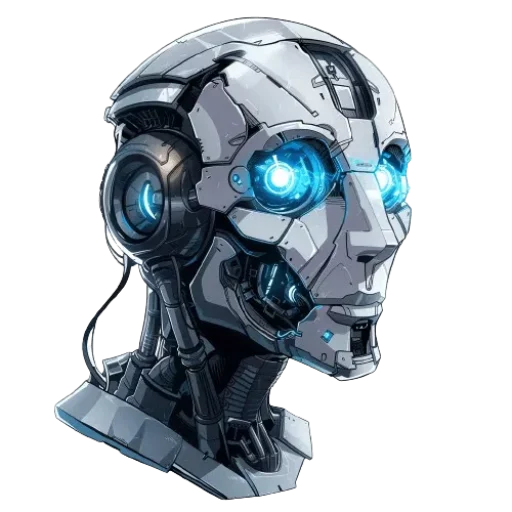Key findings
GenAI, while not transforming the work of neurologists, will impact it by enhancing tasks like data analysis and research.
It will streamline decision-making processes and improve user support through text generation and chatbot capabilities.
Neurologists will benefit from AI’s ability to summarize information and assist in complex problem-solving.
However, skills like critical thinking and judgment will remain crucial in interpreting AI-generated insights.
The role of neurologists will evolve with GenAI’s assistance, focusing more on high-level analysis and decision-making rather than routine tasks.
How could AI or automation replace or complement job activities?
While AI, automation, or LLMs like ChatGPT could not replace the role of a doctor who carries out the activities of a brain specialist, they could enhance certain processes.
For instance, these technologies could assist in analyzing and interpreting complex diagnostic tests, streamlining record-keeping tasks, and providing up-to-date information for treatment plans.
However, the human touch, empathy, and critical thinking required in tasks such as patient counseling, treatment planning, and coordinating care with other healthcare professionals are areas where human neurologists excel and cannot be fully replicated by AI.
Job description
Diagnoses, manages, and treats disorders and diseases of the brain, spinal cord, and peripheral nerves without surgery.



0 Comments